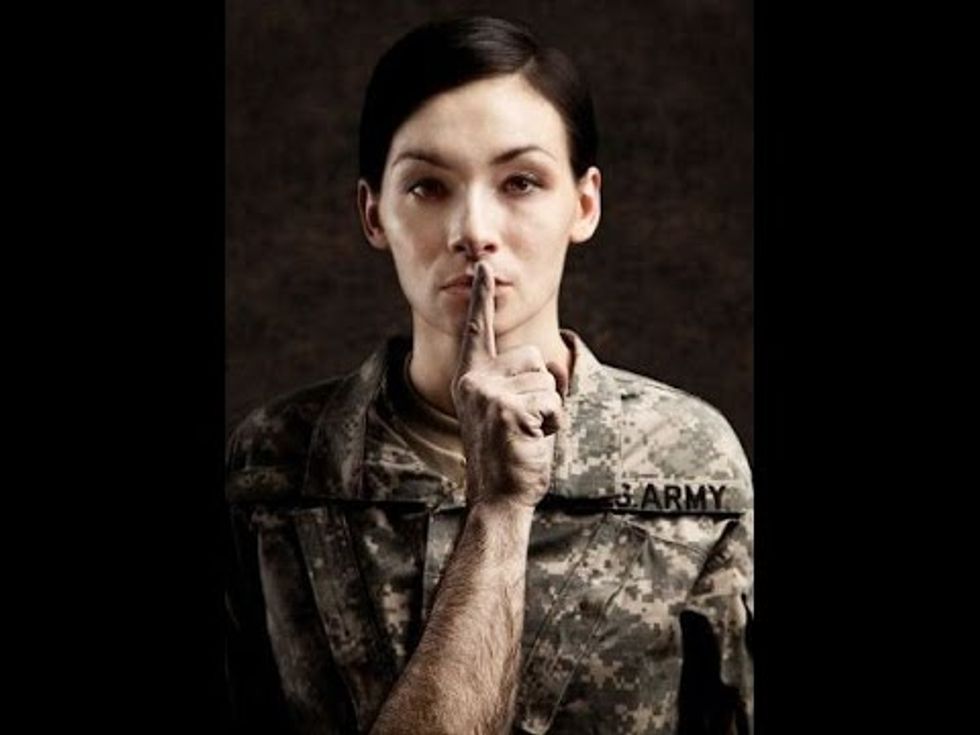Women in the military have more to fear than their combat enemies.
Military sexual trauma (MST) is an ongoing and prominent issue among women in the armed forces. MST refers to sexual assault or repeated, threatening sexual harassment that occurred while the veteran was in the military, including any unwanted sexual activity where he or she was pressured into doing so. Despite efforts to terminate these wrongful practices they have ceased to be stopped and account for almost 19,000 sexual assaults each year on active-duty women and men. This epidemic is infecting the entire military community and traumatizing victim’s far after assaults. Repercussions for these demoralizing acts are minuscule or frequently nonexistent. Victims are the ones who suffer the most when coming forward.
It is sad to think that 1 out of 3 women, the same women who risk their lives to protect ours, are being sexually harassed and assaulted and even further ridiculed when they try to report. Statistics cannot even accurately represent all of these incidents because less than 14% of survivors ever do report. What’s most alarming is that in a civilian society women have a 1 in 5 chance of being raped based over a lifetime prevalence, but women in the military have a 1 in 3 chance and that’s based on their 2-6 year service. So what does that mean? It means you are more likely to be raped while you're fulfilling your duties serving then compared to your entire lifetime prevalence.
The real issue at hand is that women are ousted from the military after coming forward. Instead of receiving the proper treatment and care they may need, they receive less-than-honorable discharges and are then labeled for life. Having bad papers makes victims ineligible for health care and disability benefits and affects future employment, as well as increasing risk of depression and homelessness, and can even spill over into affecting child custody battles. For women MST is the leading cause of PTSD, where for men the leading cause is combat trauma. Once a woman is marked with “bad papers” the process by which they are able to upgrade them rarely ever work, and in most cases, they never succeed. This is because the statistic for reported assault cases that actually go to trial are less than 15% and those that ever get prosecuted are less than 7%. The major issue with less-than-honorable discharges is that women who have the courage to come forward about the attack are then harassed even further and ultimately re-victimized when they get a misconduct charge and have to leave the military.
We can’t put the blame entirely on the military when we as a society aren’t doing more to help prevent this. We are allowing the military to continue fostering an environment that tolerates the assailant and silences the victims, by not speaking out. We need to recognize that this issue is not going away and every year-- every day--innocent women are suffering under the hands of their own brothers, and they will continue to be victims of sexual abuse if things don’t change.





















